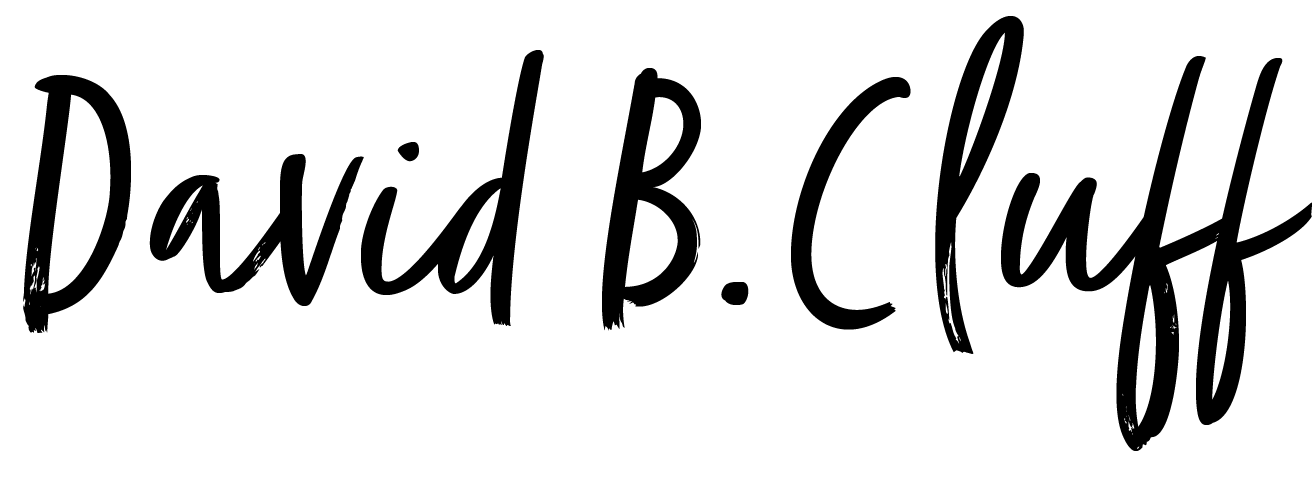Faith, Identity, and Authenticity: My Journey Through Doubt and Emotions
Last month, I wrote a blog titled "Navigating Faith and Identity: Embracing My Authentic Journey." Since sharing it publicly, I've been overwhelmed by the outpouring of kindness and the number of people who have resonated with my words. If someone had told me a year ago that my blog would be heading in this direction, I would have dismissed it as impossible. I never intended to distance myself from my religion, but here I am.
Some may perceive our decision as impulsive or arbitrary. Little do they know the years of soul-searching and the effort I put into making sense of my life while trying to avoid a mental breakdown. Over the past year, I've dedicated countless hours to reading, searching, and seeking answers about how someone like me, a gay father in a mixed-orientation marriage, can support a church whose policies do not fully embrace the LGBTQ+ community. I grew tired of attempting to reconcile it all.
I discovered that many individuals in situations similar to mine also step back, as the emotional toll of a massively difficult experience on Sundays became too much for their well-being. I remember earlier this year, trying to give myself pep talks days before Sunday, hoping my little nephew or the kids would want me to wander the halls during most of the service. I wore a mask, pretending everything was fine, but beneath it, I carried a multitude of questions and uncertainties. The anxiety it generated was consuming.
Unveiling our decision to step back has enabled us to shed the masks we once wore in favor of a more transparent filter, granting us the liberty to openly share our journey without triggering awkward or uncomfortable conversations with those close to us. Breaking down one's faith is far from easy; especially in the beginning, as it can make you feel extremely alone.
Despite our close connections with friends and family who remain deeply committed to their faith, we've consciously opted for a filter instead of a mask. This choice has empowered us to coexist harmoniously, being authentic to ourselves while simultaneously honoring their beliefs and nurturing our relationships.
Curiosity led me to explore the stages of faith deconstruction, and here is what I found, according to OpenAI (2023):
Doubt and Questioning: This initial stage often involves doubts about the beliefs, teachings, or practices of one's religion, driven by questions that don't align with personal values or experiences.
Guilt and Fear: Leaving a high-demand religion can be accompanied by feelings of guilt, fear, and anxiety, as many are taught that it's a grave sin or will lead to negative consequences.
Seeking Information: Individuals in this stage typically begin researching and seeking information outside their religious community, exploring different perspectives on their religion's history and beliefs.
Support and Community: Finding a supportive community of people who have undergone a similar process is crucial, whether through online forums, support groups, or connecting with friends and family who have also left the religion.
Reevaluation of Beliefs: Deconstructing often involves a deep reevaluation of one's beliefs and values, a challenging and introspective process apart from religious teachings.
Emotional Processing: Leaving a religion is emotionally challenging and may involve grief, anger, sadness, and relief. It's important to acknowledge and process these emotions.
Reconciliation with Family and Community: Leaving a high-demand religion can strain relationships with family and friends who remain in the faith, requiring efforts to navigate and foster understanding.
Identity Formation: As religious identity is deconstructed, individuals often redefine who they are, their values, and priorities outside the religious framework.
Building a New Support System: Creating a new support system aligned with evolving beliefs and values is crucial, potentially involving forming new friendships or reconnecting with non-religious or secular communities.
Moving Forward: Ultimately, the goal of deconstruction is to move forward and build an authentic and fulfilling life, finding new sources of meaning, purpose, and community.
Currently, I find myself in the stage of emotional processing. Every decision I've made until now was based on a predetermined plan that was considered the right path, regardless of how I truly felt. Each passing day brings me more happiness and genuine joy as I embrace the full spectrum of human emotions. The human experience is intricate and multifaceted, and navigating these emotions in every aspect of life is a profound journey.
In light of it all, I still hold onto the hope that there is a God who created us all perfectly, even when some voices may suggest otherwise.

